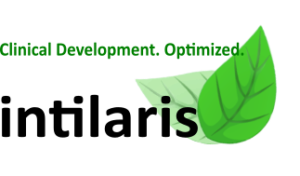There is no option for GMP compliance consulting in pharma: Regulations are the law and businesses have to be in compliance with it.
But regulations also bear a big potential and actually enable the business, provide essential guidance, set standards, ensure comparability and define the quality of the products. Regulations are essential for a flourishing business. Yet, increasing regulatory pressure and operational complexity are materially impacting Pharmaceutical Drug Production companies’ ability to ensure compliance leading to increased spend on compliance related activities from 4% up to 10% by end of 2021 of the revenue.
Price of business compliance with regulations
High compliance efforts and cost is an indicator for inefficiencies and outdated technology and processes. Here is the first place for process revisits, improvements and reorganizations. Any other innovations can be considered under this perspective as “nice to have”, the focus must be on compliance and its effective achievement.
Compliance risks of regulated GMP computer system-based environments can cause
- failures to follow or enforce approved procedures,
- inconsistencies and documentation issues,
- misplaced records and similar,
- difficulties of validation process standards across the production sites
- and the need to monitor those on a regular basis.
In consequence, the evidence of compliant production and products is lost.
GMP compliance consulting in pharma – systemic approach
In contrast, regulation requirements evolve and increase steadily. Traditional approaches to ensured regulation compliance are not adequate anymore. New approaches to GMP compliance consulting in pharma ensure and maintain compliance required to tackle the current challenges, like:
- Operating Models needs to become agile and cost-efficient.
- 71% of pharma GMP organizations cited significant Compliance Cost Reduction Targets in 2019
- Compliance Managers in the organization need to integrate new digital technologies into the compliance function
- 33% of pharma GMP organizations experience data quality issues and lack of standardization as major barriers in their organization
- Attracting and keeping future ready talent to support the evolving compliance function.
- 50% of organizations reported a major gap between skills required and skills currently available
Those approaches can reduce the risk of noncompliance affecting the quality and reputation of the pharmaceutical practice. Also managed risks improve the relationships with regulators and trust with business stakeholders. And finally, standardized, optimized and compliant business operations free valuable resources to focus on achieving strategic objectives. Here lies the biggest cost reduction effect of compliance with regulations.
Please reach out to us for an independent and expert consultation on these topics.
intilaris LifeSciences – LinkedIn
–


